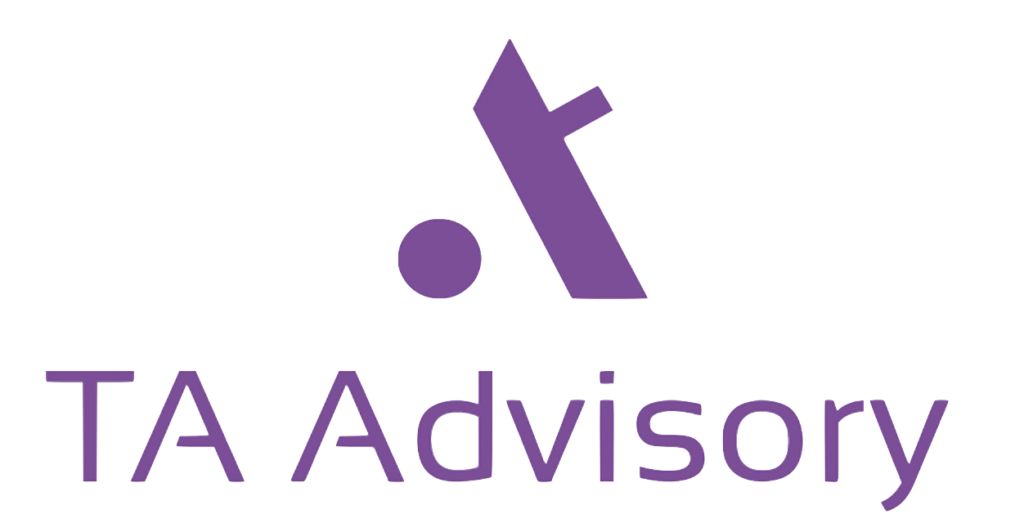Since 1 January 2023, the Swiss Code of Obligations (CO) has introduced new provisions regarding the overindebtedness of a company (Art. 725 ff CO). This applies to the articles relating to the monitoring of the company’s solvency (Art. 725 CO), loss of capital (Art. 725a CO), overindebtedness (Art. 725b CO) and revaluation of real estate and participations (Art. 725c CO).
In addition to the non-transferable and inalienable duties under Art. 716a CO, the board of directors will now be responsible for a more important supervision of the company’s solvency. Specifically, it will be mandatory for the company to draw up a cash flow plan for the coming calendar year in accordance with Art. 958a(2) CO, as cash flow is a key indicator of a company’s operational capacity and solvency.
Paragraphs 2 and 3 of Art. 725 CO require the board of directors to take measures to ensure the solvency of the company and to act promptly, without specifying a time limit or the nature of the measures to be taken. It should be noted that (1) a temporary cash flow problem does not fall within the scope of Art. 725 CO, as insolvency must be permanent and restructuring is unlikely; (2) overindebtedness does not in itself trigger a lack of cash flow. An insolvency risk is therefore to be considered if it is highly likely that a company, within the next 12 months, will not be able to meet its payment obligations on time and if it is unlikely that restructuring measures can be taken.
In this situation, the board of directors must now implement the necessary measures, acting “expeditiously”. Such measures may include, for example, cost reductions, debt forgiveness, sale of assets, issuance of subordinated loans, release of hidden reserves or a capital increase.
If necessary, the board of directors must apply for a debt-restructuring moratorium in accordance with Art. 725(2) CO.
With regard to the loss of capital (Art. 725a CO), the provision merely clarifies the existing law. A loss of capital is deemed to have occurred if the equity capital falls below half of the protected capital. The latter is composed of (1) the nominal share capital and nominal participation capital; (2) the legal reserve from the capital (Art. 671 CO) and the legal reserve from the profit (Art. 672 CO) for a maximum aggregate amount of 50% of the share capital and participation capital as stated in the register of companies and (3) the legal reserves for own shares within the Group (Art. 659b(2) CO) for revaluations of participations (Art. 671(4) CO and 725c CO) and real estate.
The provision relating to overindebtedness (Art. 725b CO) is also in line with the existing law in that if there are serious reasons to believe that the company’s debts are no longer covered by its assets, the board of directors must immediately prepare interim accounts. Under the new provision, the board of directors must prepare complete interim accounts, i.e. not only a balance sheet, but also an income statement and the appendix, as defined in Art. 960f(1) CO. The interim accounts must be submitted to auditors and, if the overindebtedness is confirmed, the board of directors must notify the court (with the exceptions of Art. 725b(4) CO). Once again, both the board of directors and the auditors or approved auditor must act promptly (Art. 725b(6) CO).
The two exceptions to court notification under Art. 725b(3) CO are the possibility to (1) subordinate a claim (Art. 725b(4) no. 1 CO) and (2) remove the overindebtedness within 90 days of the preparation of the interim accounts without affecting the enforcement of claims (Art. 725b(4) no. 2 CO).
While the subordination of a claim was already provided for in the former Art. 725(2) aCO, the exception is now only allowed insofar as it relates not only to the amount of the main claim, but also to the interest accrued during the entire period of overindebtedness. The question of existing claim subordination agreements that do not provide for interest will therefore have to be analysed in the light of the transitional period of two years, thus expiring on 31 December 2024, for the corresponding adaptation of existing agreements. Indeed, the Technical Commission ExpertSuisse has noted that there is a risk that pre-existing claim subordination agreements, in which an explicit deferral of interest is missing, will be considered invalid under the new statute.
With regard to the second exception in Art. 725b(4) CO, the revised law now requires the restructuring to be completed within a strict period of 90 days, the dies a quo being the establishment of the audited interim accounts. This relatively short period of time cannot be extended, so it is in the interest of boards of directors to put in place a quick and efficient process for the preparation of complete audited interim accounts. Particular attention will also need to be paid to any current and future claim subordination agreements, which should now be accompanied by interest accrued during the entire period of over-indebtedness.
Finally, it should be mentioned that non-compliance may result in the personal liability (joint and several) of any board member. In addition, subject to any contrary provisions, the new legal requirements relating to Art. 725 CO are applicable by analogy to limited liability companies, associations registered in the Register of Companies, foundations, limited partnerships with shares and cooperative companies.
If you would like to find out more about this topic or would like to request consultation, please contact us!
Transactional and Corporate Matters
Our attorneys have worked on a number of national and cross-border transactional and corporate matters. Our extensive experience helps clients navigate through every step of the deal in the rapidly changing regulatory and geostrategic environment. Moreover, we are also well versed in the area of corporate governance, advising newly formed and mature companies across industry sectors, advising management and boards of directors on a broad array of corporate governance and related matters. In addition, we represent our clients in matters related to mergers & acquisitions and cross-border transactions.



